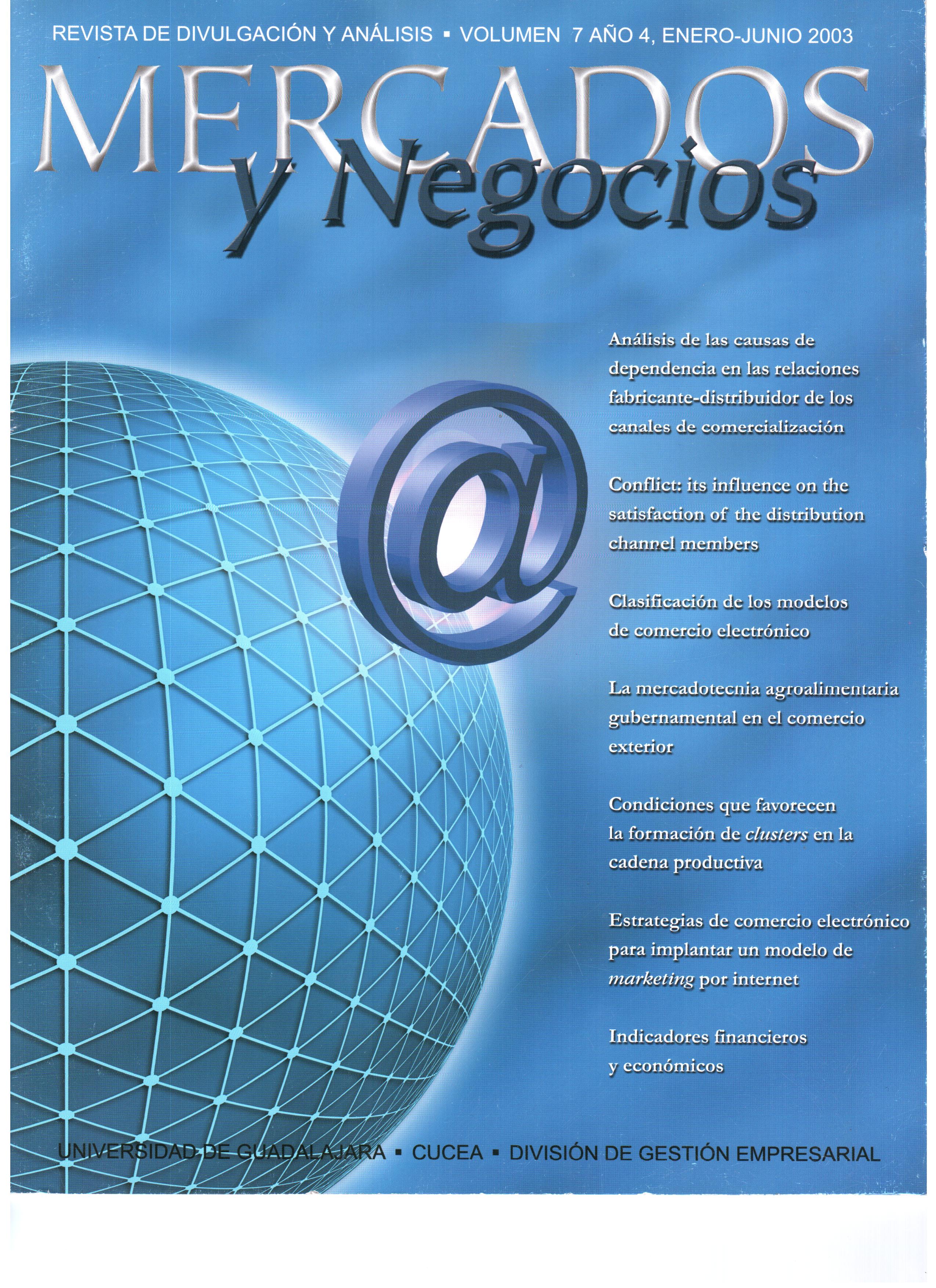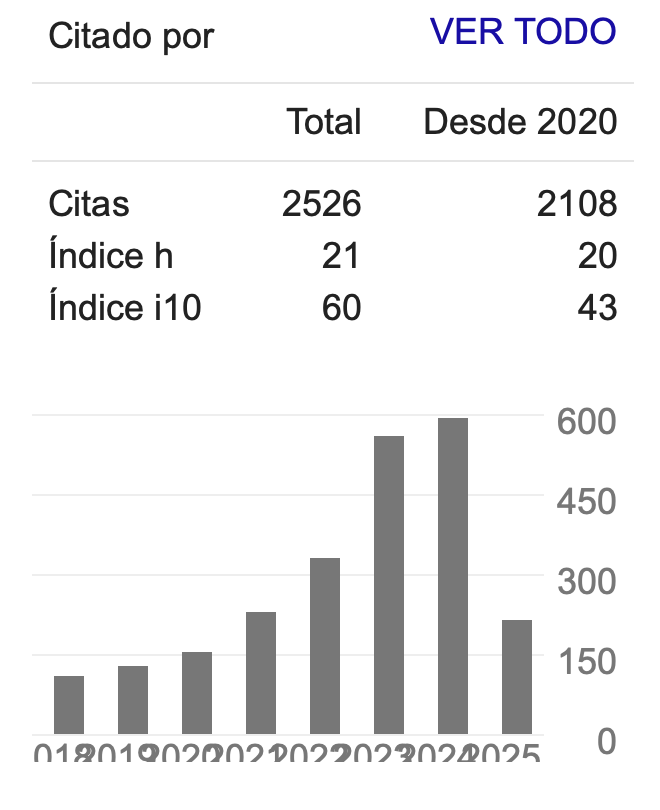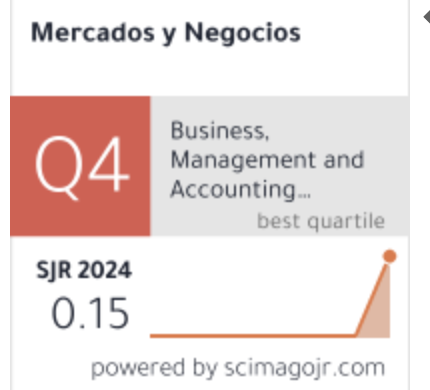Conflict: influence on the satisfaction of the distribution channel members
DOI:
https://doi.org/10.32870/myn.v0i7.4946Abstract
El propósito principal de este artículo es analizar el efecto de los conflictos entre los miembros del canal de distribución (que se centra en el turismo) en el nivel de satisfacción experimentado por las empresas de estudio al comercializar servicios del turismo. En la primera parte de este estudio, consideramos de una manera teórica, algo de los aspectos en el contenido de los conflictos que están presentes en los canales de distribución así como la satisfacción experimentada. Concluimos a través de los resultados de un estudio empírico el cual confirma que las situaciones de conflicto afectan de una manera negativa los niveles de satisfacción que los miembros experimentan en el canal de distribución mientras participan en el intercambio (en este caso de servicios turísticos)References
Anderson, J. C., & Narus, J. A. (1984). A model of the distributor's perspective of distributor-manufacturer working relationships. The journal of marketing, 62-74.
Anderson, J. C., & Narus, J. A. (1990). A model of distributor firm and manufacturer firm working partnerships. the Journal of Marketing, 42-58.
Assael, H. (1969). Constructive role of interorganizational conflict. Administrative Science Quarterly, 573-582.
Brown, J. R., & Day, R. L. (1981). Measures of manifest conflict in distribution channels. Journal of Marketing Research, 263-274.
Dwyer, F. R. (1980). CHANNEL-MEMBER SATISFACTION-LABORATORY INSIGHTS. Journal of Retailing, 56(2), 45-65.
Etgar, M. (1979). Sources and types of intra-channel conflict. Journal of retailing, 55(1), 61-78.
Frazier, G. L. (1983). Interorganizational exchange behavior in marketing channels: a broadened perspective. the Journal of Marketing, 68-78.
Frazier, G. L., & Rody, R. C. (1991). The use of influence strategies in interfirm relationships in industrial product channels. the Journal of Marketing, 52-69.
Ganesan, S. (1993). Negotiation strategies and the nature of channel relationships. Journal of marketing research, 183-203.
Gaski, J. F. (1984). The theory of power and conflict in channels of distribution. the Journal of Marketing, 9-29.
Gundlach, G. T., & Cadotte, E. R. (1994). Exchange interdependence and interfirm interaction: Research in a simulated channel setting. Journal of Marketing Research, 516-532.
Hunt, S. D., & Nevin, J. R. (1974). Power in a channel of distribution: sources and consequences. Journal of marketing Research, 186-193.
Katsikeas, C. S., & Piercy, N. F. (1991). The relationship between exporters from a developing country and importers based in a developed country: conflict considerations. European Journal of Marketing, 25(1), 6-25.
Leonidou, L. C. (1989). Behavioural aspects of the exporter-importer relationship: the case of Cypriot exporters and British importers. European Journal of Marketing, 23(7), 17-33.
Magrath, A. J., & Hardy, K. G. (1989). A strategic paradigm for predicting manufacturer-reseller conflict. European Journal of Marketing, 23(2), 94-108.
Oliver, R. L., & Swan, J. E. (1989). Equity and disconfirmation perceptions as influences on merchant and product satisfaction. Journal of consumer research, 16(3), 372-383.
Pondy, L. R. (1967). Organizational conflict: Concepts and models. Administrative science quarterly, 296-320.
Richardson, L. D., Swan, J. E., & Hutton, J. D. (1995). The effects of the presence and use of channel power sources on distributor satisfaction. International Review of Retail, Distribution and Consumer Research, 5(2), 185-201.
Robbins, J. E., Speh, T. W., & Mayer, M. L. (1982). Retailers Perceptions of Channel Conflict Issues. Journal of Retailing, 58(4), 46-67.
Rosenberg, L. J., & Stern, L. W. (1971). Conflict measurement in the distribution channel. Journal of Marketing Research, 437-442.
Schul, P. L., & Babakus, E. (1988). An Examination Of The Interfirm Power-Conflict Relationship. Journal of Retailing, 64(4), 381.
Skinner, S. J., Gassenheimer, J. B., & Kelley, S. W. (1992). Cooperation in supplier-dealer relations. Journal of Retailing, 68(2), 174.
Stern, L. W. (1969). Distribution channels: a social system approach to the study of marketing. Social Responsibility of Marketing, American Marketing Association, Chicago, IL.
Stern, L. W., & Ansary, A. I. (1988). Marketing channels. Prentice Hall.
Wray, B., Palmer, A., & Bejou, D. (1994). Using neural network analysis to evaluate buyer-seller relationships. European Journal of Marketing, 28(10), 32-48.
Downloads
Published
How to Cite
Issue
Section
License
Mercados y Negocios by Department of Mercadotecnia y Negocios Internacionales. University of Guadalajara is licensed under a License Creative Commons Attribution-NonCommercial 4.0 International.
The author retains the copyright.








